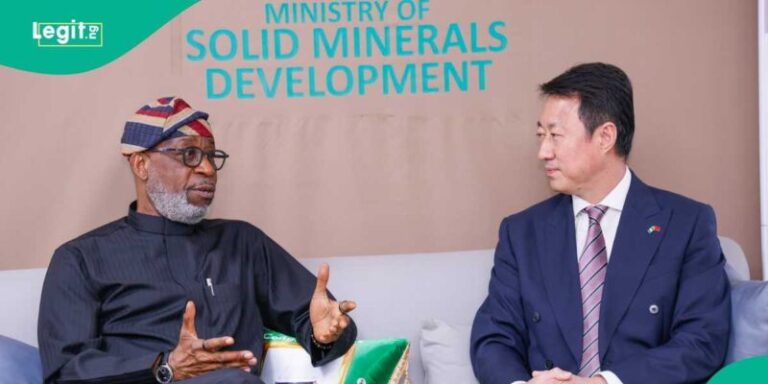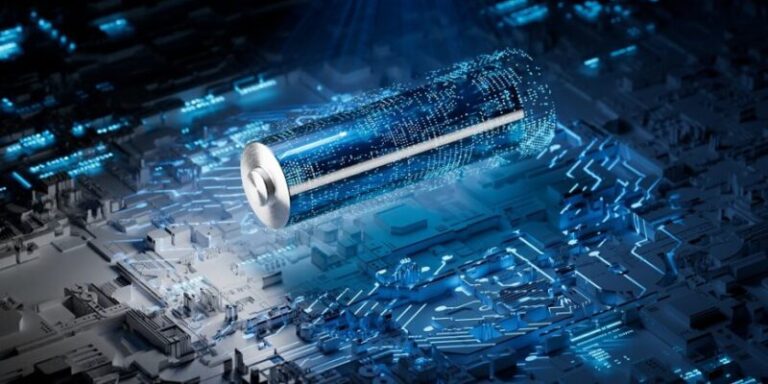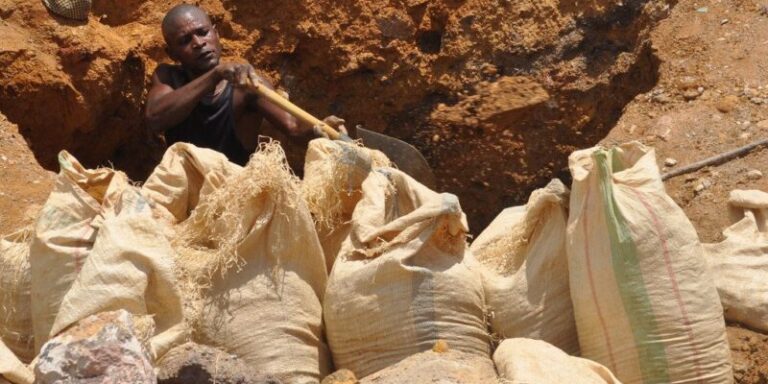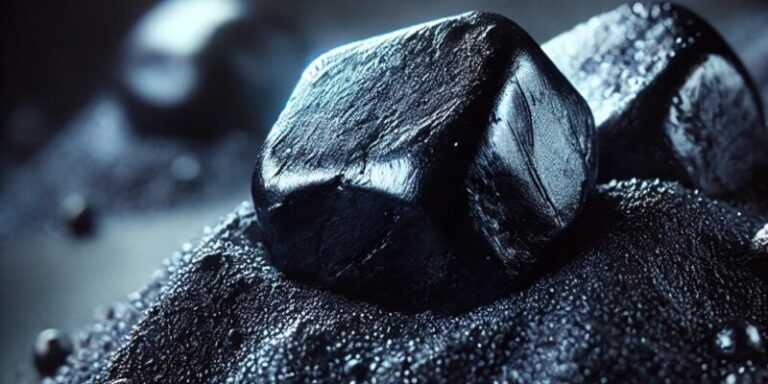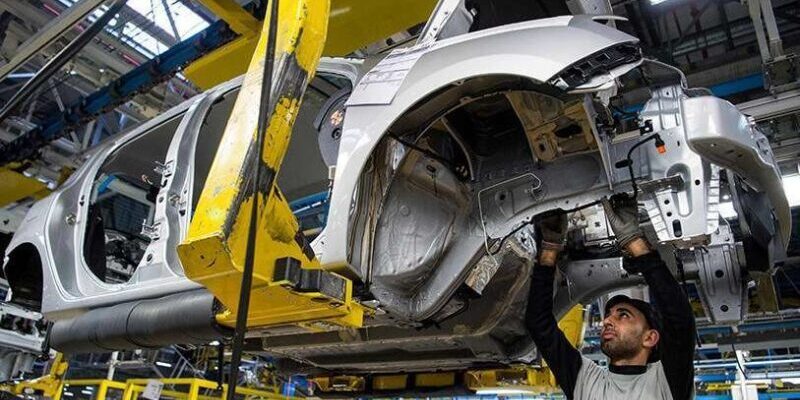
The Moroccan government is actively engaging with electric battery manufacturers to bolster its automotive sector, aligning with the rising demand for electric vehicles (EVs), according to Industry and Trade Minister Ryad Mezzour.
Morocco’s automotive sector, which soared by 27% in 2023, boasts a $14 billion industrial export, with manufacturing giants Stellantis and Renault leading the charge, supported by a network of local suppliers.
In a recent development, Morocco greenlit the construction of a cathode factory near Tangier by Chinese battery maker BTR New Material Group, marking a significant investment move.
Mezzour highlighted this milestone, emphasizing it as the transformation of a memorandum of understanding into a concrete investment agreement.
Furthermore, plans are underway for another cathode plant by Chinese manufacturer CNGR Advanced Material in Jorf Lasfar, reinforcing Morocco’s commitment to fostering electric battery industries.
These initiatives are poised to supply gigafactories not only domestically but also internationally.
The collaboration between Morocco and China also extends to Gotion, with discussions progressing on establishing an electric vehicle battery plant with substantial investment potential, signaling the potential for a gigafactory in the region.
Mezzour underscored that while investing in batteries is pivotal to prepare for electric mobility, the focus will subsequently shift to car platforms and electro-motors.
Morocco envisions that by 2030, electric vehicles produced within the country will constitute up to 60% of exported cars, aligning with the EU’s fossil-fuel car ban slated for 2035.
With Stellantis and Renault ramping up their electric vehicle production capacities, Morocco is strategically positioned to enhance its value chain, ensuring competitiveness and integration to meet evolving market demands.


